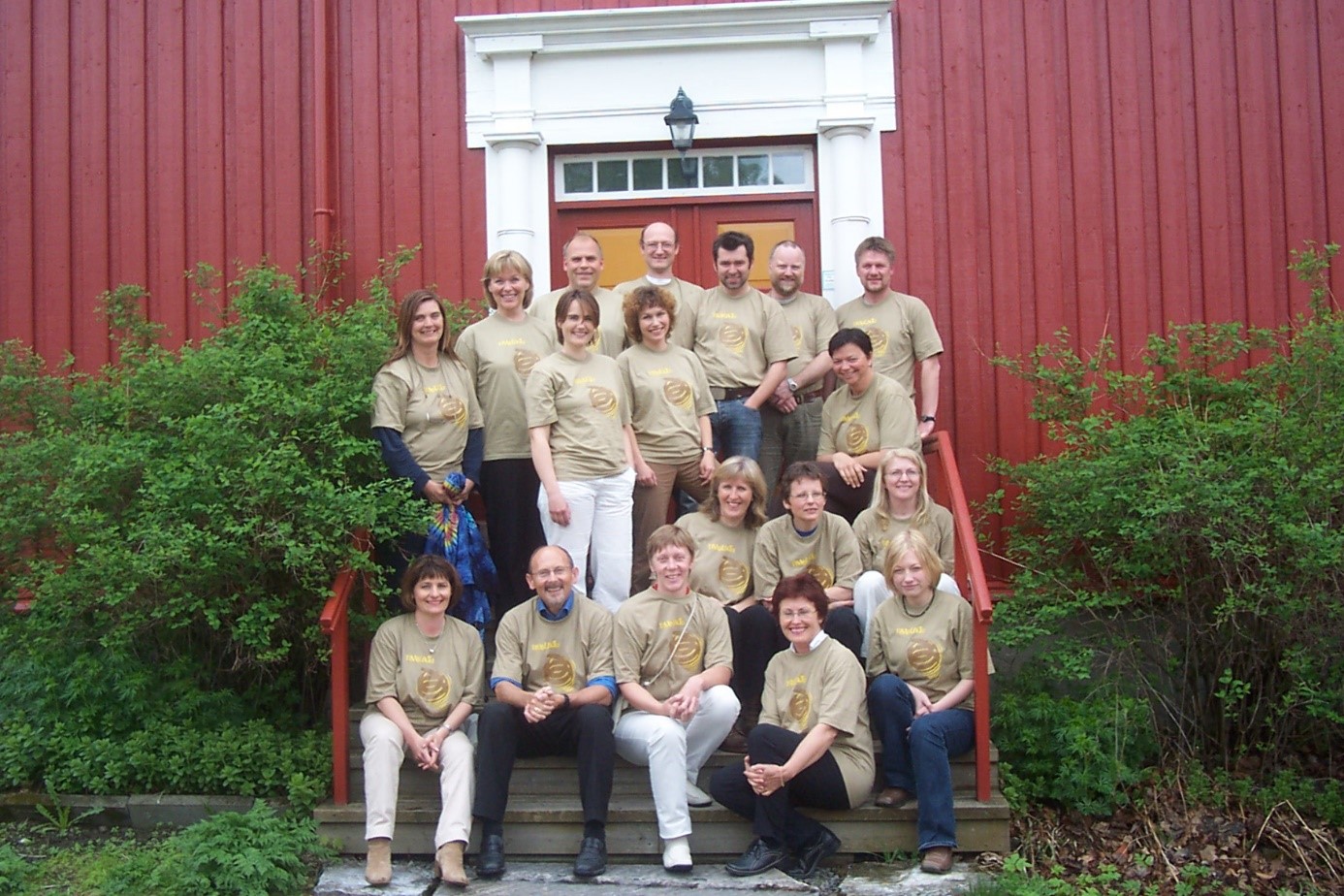
Our history
About us / Our history
For over 40 years, Ruralis has contributed to developing business and administration with unique knowledge of rural conditions. It all started in 1982 when Norway's Agricultural Science Council advertised for money for a large research project on farmers' working environment and health.